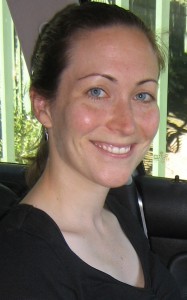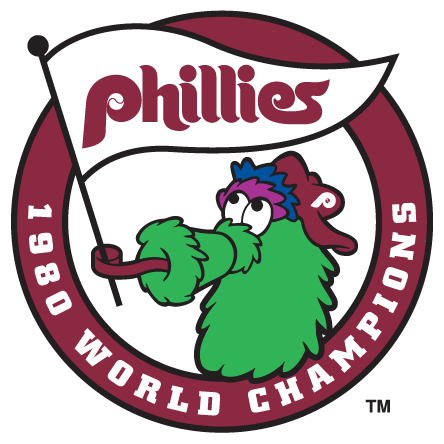Read Kate Theirs’s archived tweet feed here: Day 1 and Day 2
There are many opportunities for those of you interested in international and/or health-related careers. If you find the right organization, you can apply a broad range of your talents and have a career that serves your passion for international relations and/or healthcare. Our next alumni on @PennCareerDay will highlight one of these career paths on Tuesday, October 19th and Tuesday, October 26th. These two days on @PennCareerDay are alongside a line-up of programs and events geared toward international opportunities. For more information on these events, click here if you’re an undergraduate or here if you are a graduate student. Read more below on Kate Thiers who will be posting for @PennCareerDay during these weeks, and don’t forget to follow to see what her day is like!
Kate Thiers (W  ’00) is the Operations Manager for Africa Health Placements (www.ahp.org.za), a Johannesburg-based non-profit company that places foreign and local health workers in rural public hospitals in southern Africa. Since inception in 2005, AHP has placed over 1,750 doctors in southern Africa, over 900 of whom are foreign nationals. Kate’s team manages all finance, IT, HR, marketing, PR, website and orientation activities for all AHP offices, which include Johannesburg, Durban, Swaziland, Lesotho, the UK and the US.
’00) is the Operations Manager for Africa Health Placements (www.ahp.org.za), a Johannesburg-based non-profit company that places foreign and local health workers in rural public hospitals in southern Africa. Since inception in 2005, AHP has placed over 1,750 doctors in southern Africa, over 900 of whom are foreign nationals. Kate’s team manages all finance, IT, HR, marketing, PR, website and orientation activities for all AHP offices, which include Johannesburg, Durban, Swaziland, Lesotho, the UK and the US.
Prior to moving to South Africa in November 2009, Kate was a Project Manager with Siemens Healthcare Diagnostics in London. There, she was a project administrator for a European-wide corporate merger project for one year and subsequently managed a new partnership initiative with National Health Service (NHS) hospitals for a second year. In the US, Kate worked as a project manager for a Johnson & Johnson pharmaceutical company and managed large-scale application and infrastructure initiatives. She also worked as a business consultant for two years with Andersen Business Consulting.
Kate has an MBA from the Said Business School at Oxford University in the UK and a Bachelor of Science in Economics (BSE) from the Wharton School at the University of Pennsylvania.








